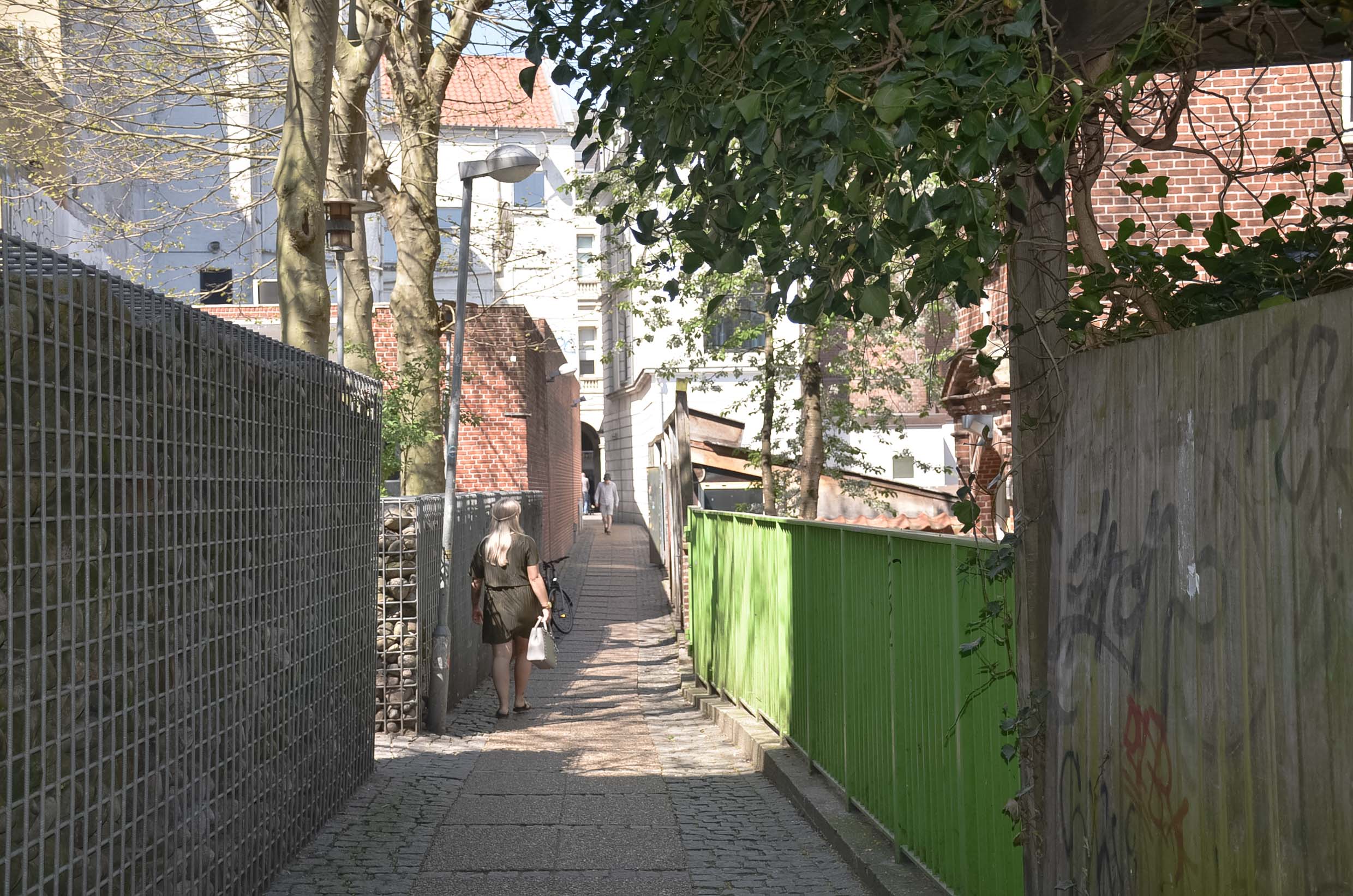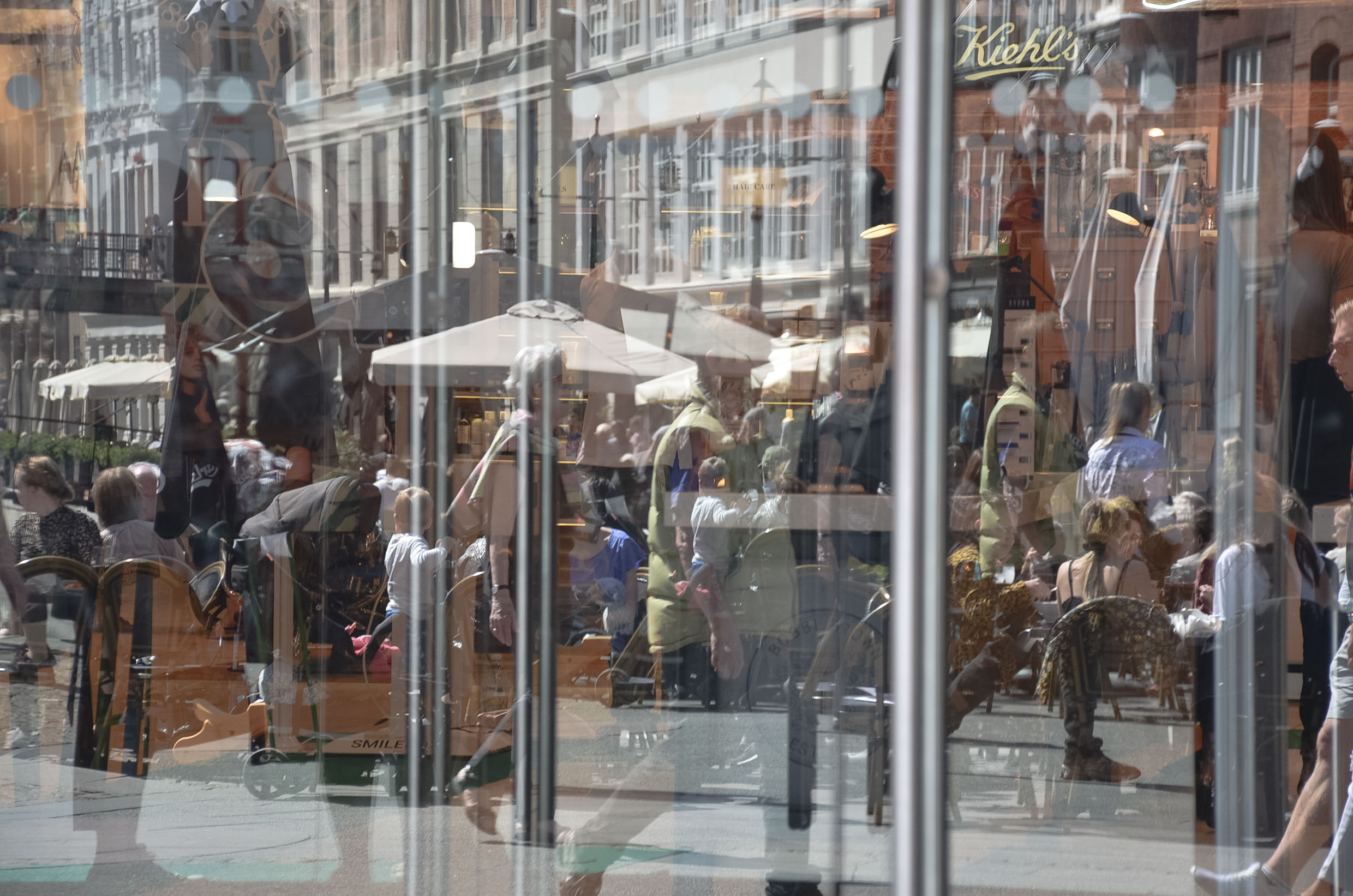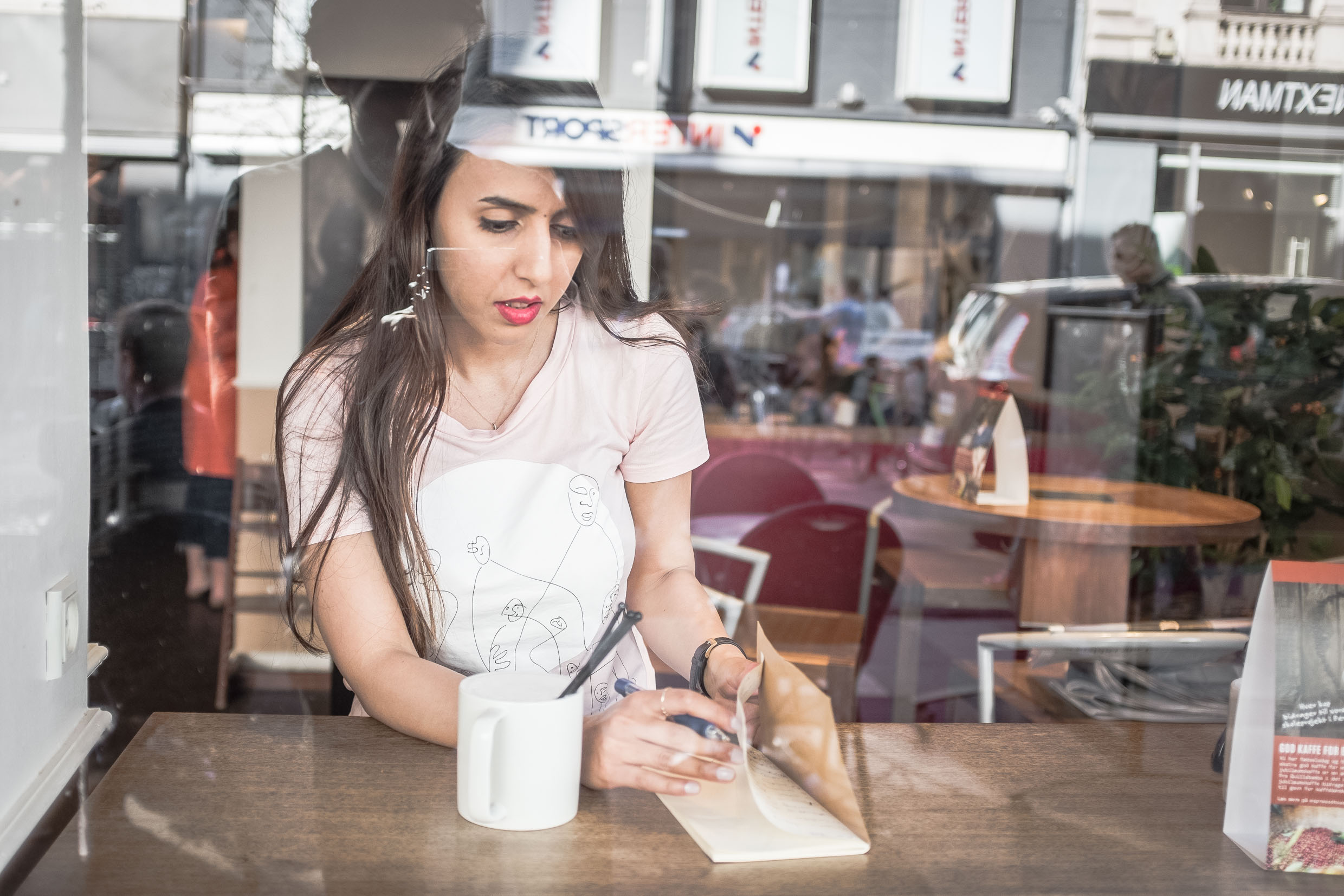My name is Arina Moradi. I am a 29-year-old war journalist, originally from Kurdistan (Iran), but I have lived in Iraq for more than 10 years. I became a new resident in Denmark in 2016. Being a refugee is quite a life challenge. For me it meant that I came from the chaos of a war zone directly to the peaceful climate of Denmark. Since I used to work as a war journalist, I had nightmares of ISIS and the war back in Iraq and surprisingly the nightmares were getting worse in Denmark. I think they were increasing since all of the sudden I had no job to focus on and more time to think about what was going on in Iraq.
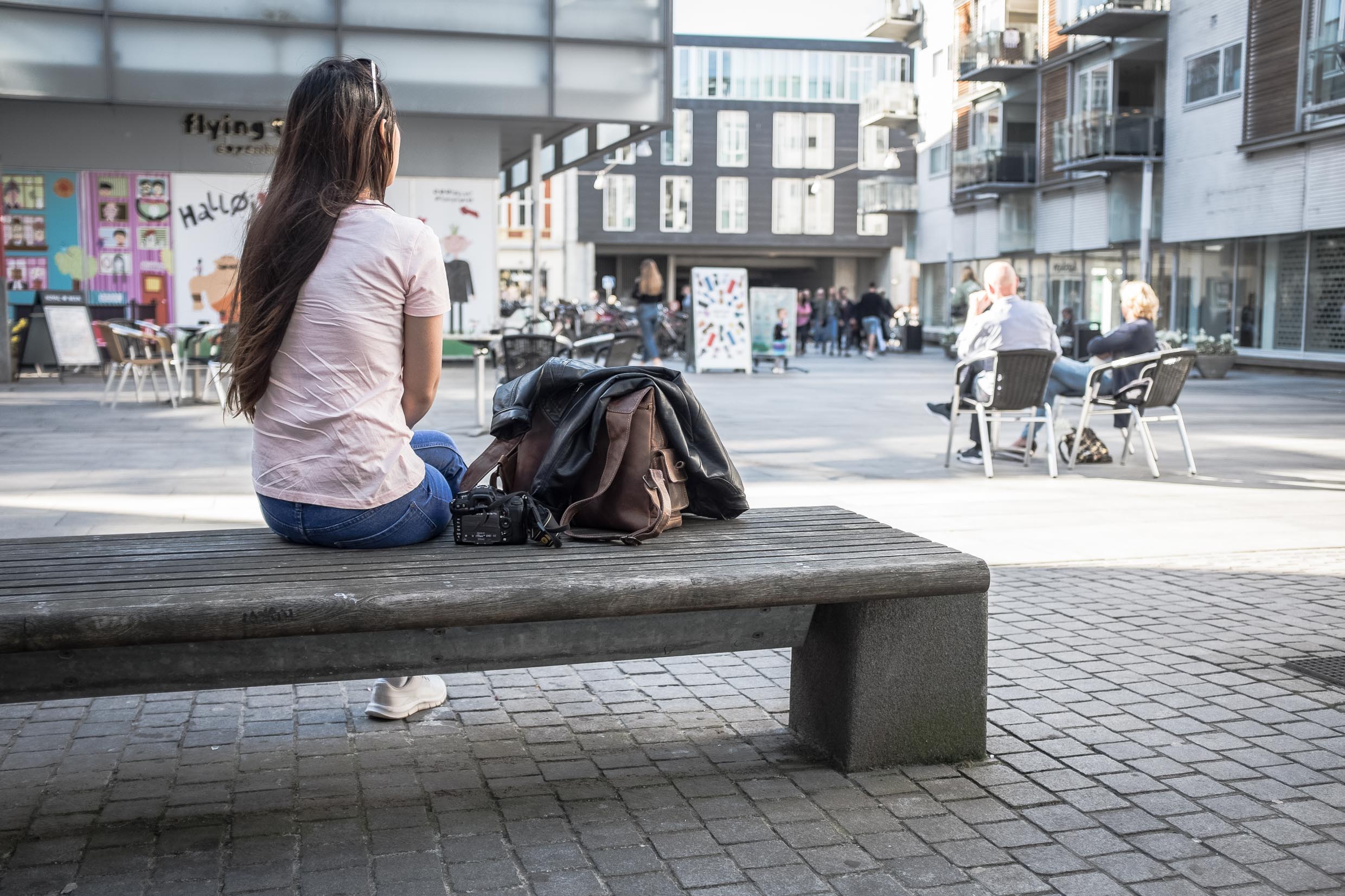
The nightmares I had when coming to Denmark took all my energy. They influenced me so much that I was having difficulties even moving out of my bed in the morning. I could feel that my ability to learn new things, including Danish language, was shockingly affected. I soon figured out I was suffering from PTSD (Post-traumatic stress disorder) and I have received help from a psychologist in Aarhus. Although I am still jobless and my future career is uncertain, things are getting better and better and the nightmares are getting less and less.
“
On the nights when I have nightmares, the first thing I do the next day is to sit in a crowd and watch people for hours. This makes my stress disappear.
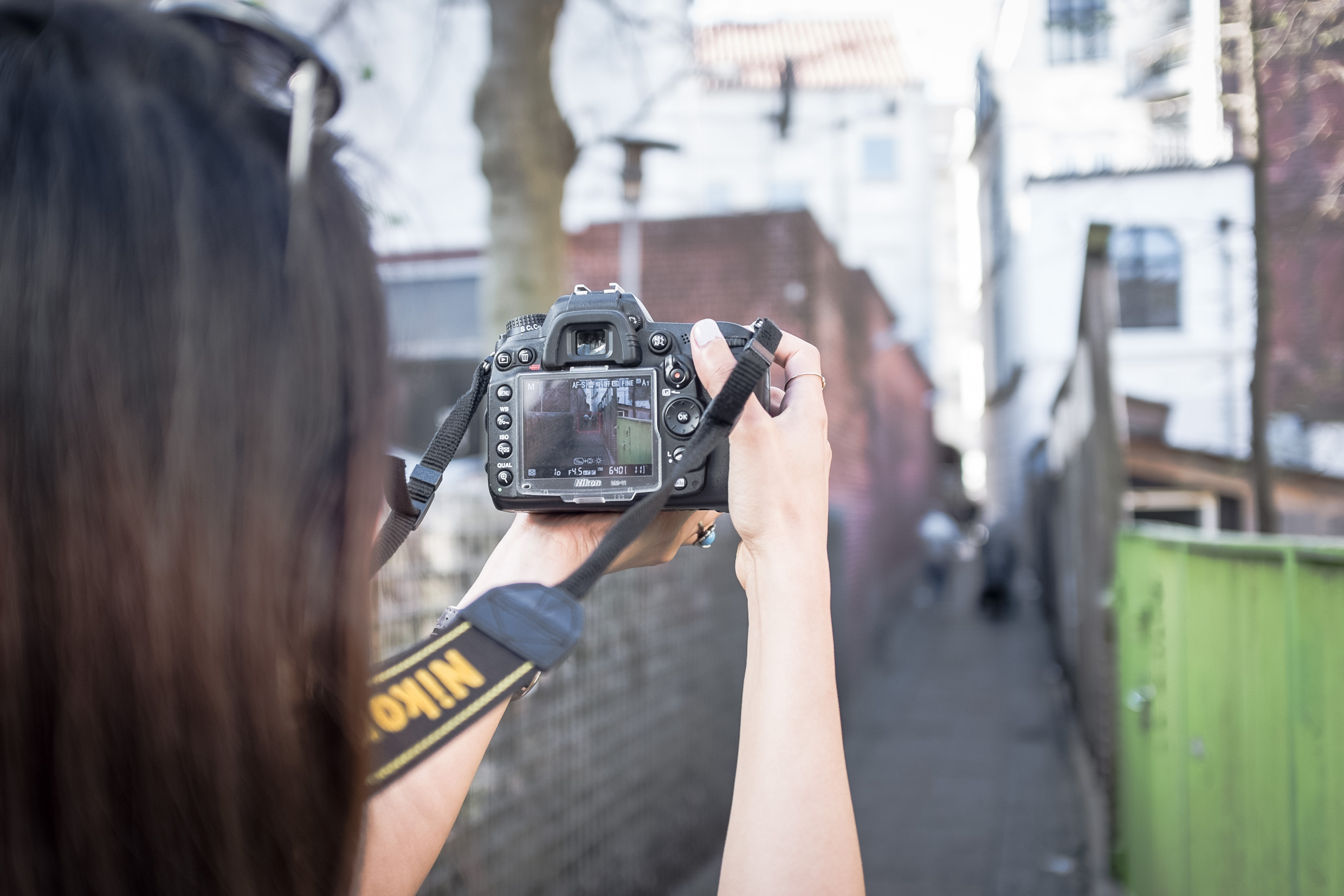
Having to leave Iraq gave me an opportunity to focus more on myself and explore new talents and desires. Photography was one of them. I started taking photos with my phone and later with my camera. I am sharing the photos alongside with tiny notes about life experiences on my Instagram account. That might not be as real as social contacts in real life, yet it means a lot to me to be able to stay in contact with people, talking with them through my photos and notes.
“
The strangest thing about being a refugee is that you can never really cut off the lines that connect you to where you are from. Every day, I wake up in Denmark, but think of Kurdistan and my people. The suffering that comes from war and financial difficulties. I watch the news from home every day and find it very depressing as an ex-journalist to become a long-distant witness, that can no longer write and be the voice of the people.
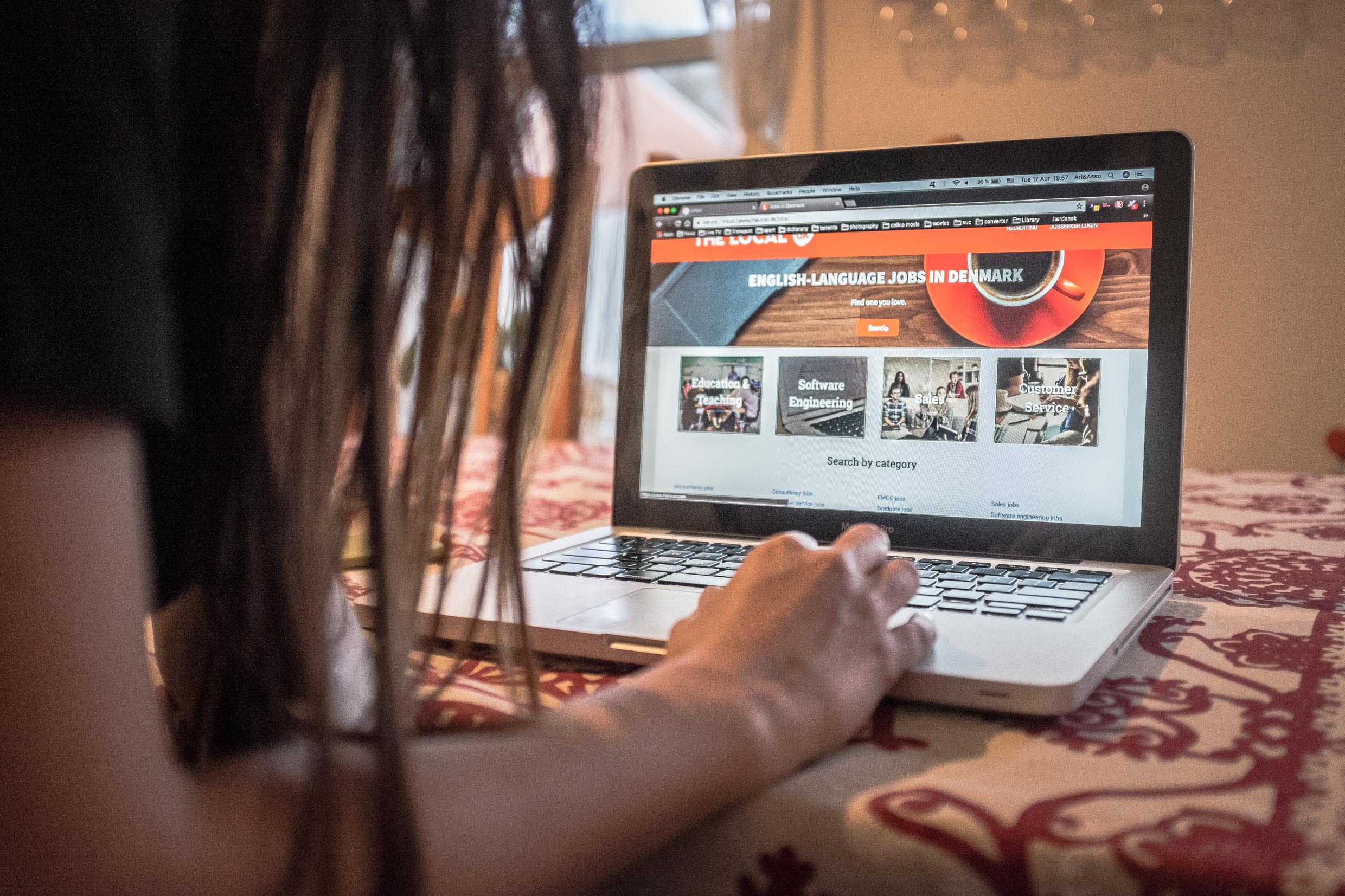
Part of my daily routine is looking for a job on the internet. Finding a job is not only financially important, but is also a part of one’s identity. Without having a job, I feel that part of my life is incomplete.
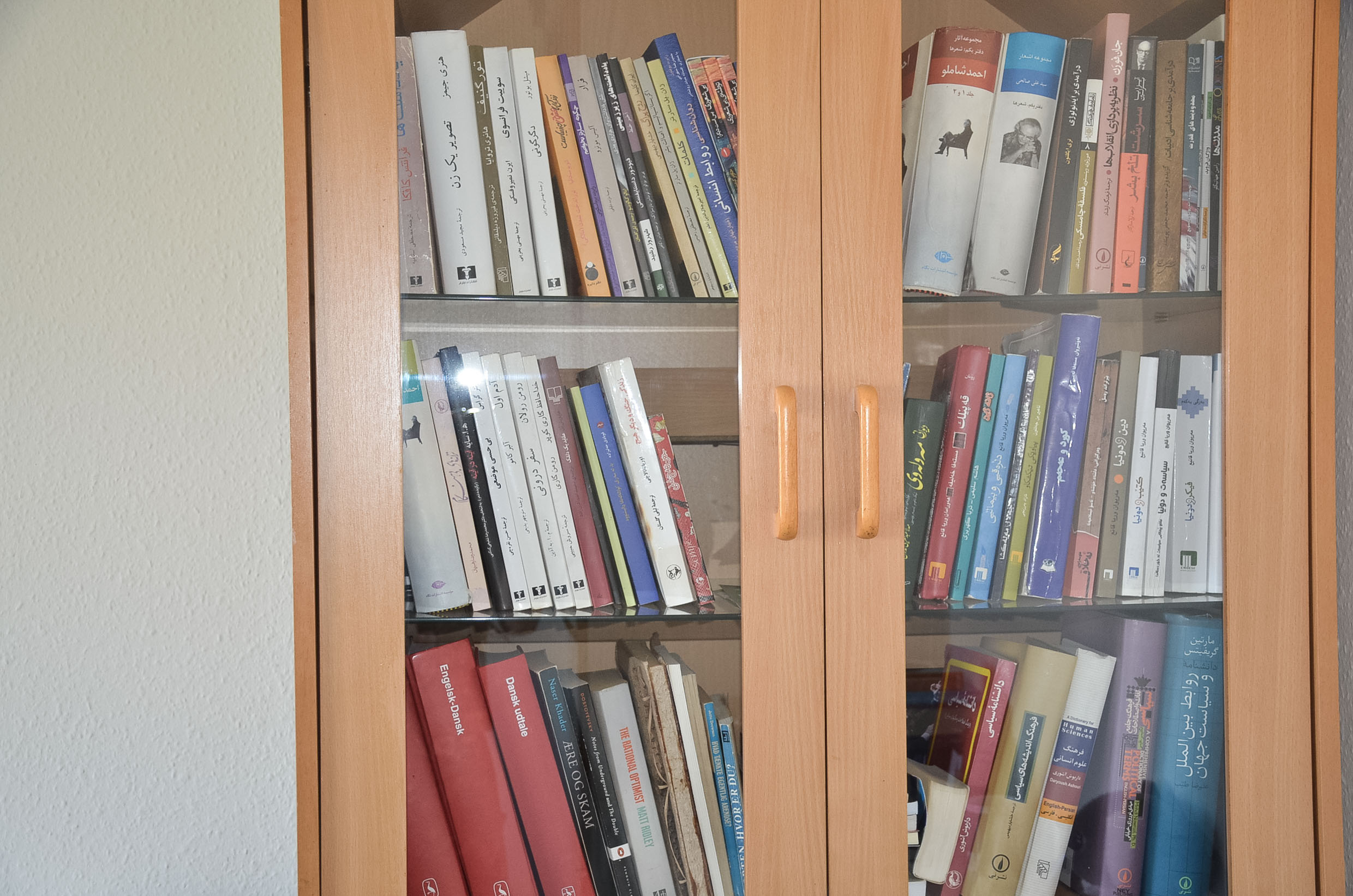
I am reading more books these days as I spend a lot of time alone. My ‘must read’ list is now full of books and reading them help me feel that my days are still productive.
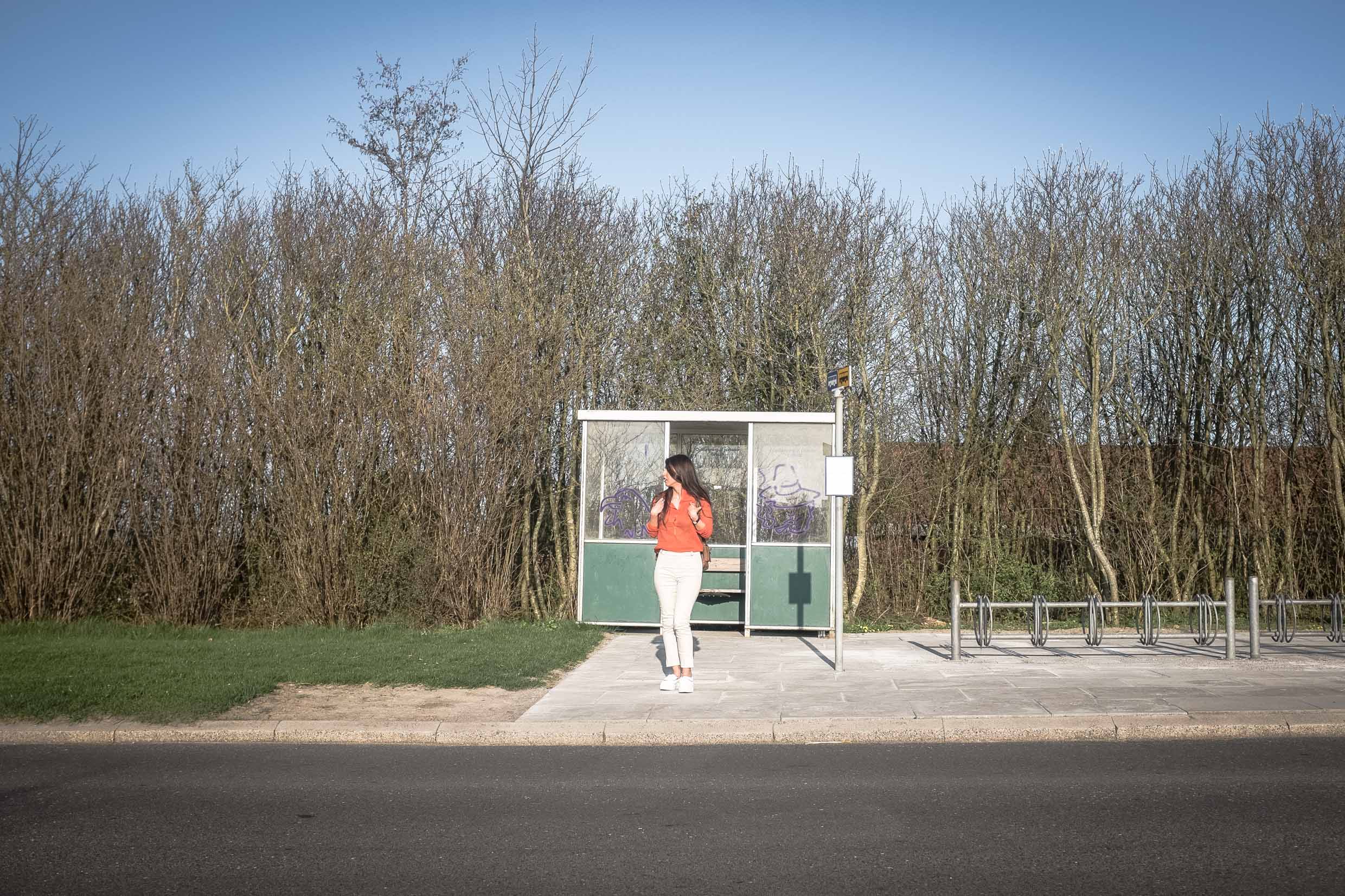
I am trying to get to know Denmark, the culture and its people using any possible way from books to my own observations. You can say that I am doing research about this land and its people every day by observing and reading about the history, culture and social codes of Denmark.
In my own country, I used to walk to the press office, where I worked. Now, I have to take a bus to school every day, as I study Danish in Aarhus. I found public transportation annoying at first, but now I use the time to read a book, study Danish or simply try to listen to Danes, who are talking to each other as a part of my language practice.
I find Aarhus a very nice city and walking down the streets looking around and trying to see every detail of the shops and cafés entertain me a lot. Aarhus’ old narrow streets remind me of home and of my grandmother’s neighborhood. She still lives there.
“
When I came to Denmark, I almost lost “the feeling of being home”, so I started to change this after a few months, starting with my own house. I brought some items from home such as a Love apple (a traditional gift among the lovers in Kurdistan). I also added more colors to the home decoration. Both ways bring me
comfort and make me feel peaceful, when I am home.
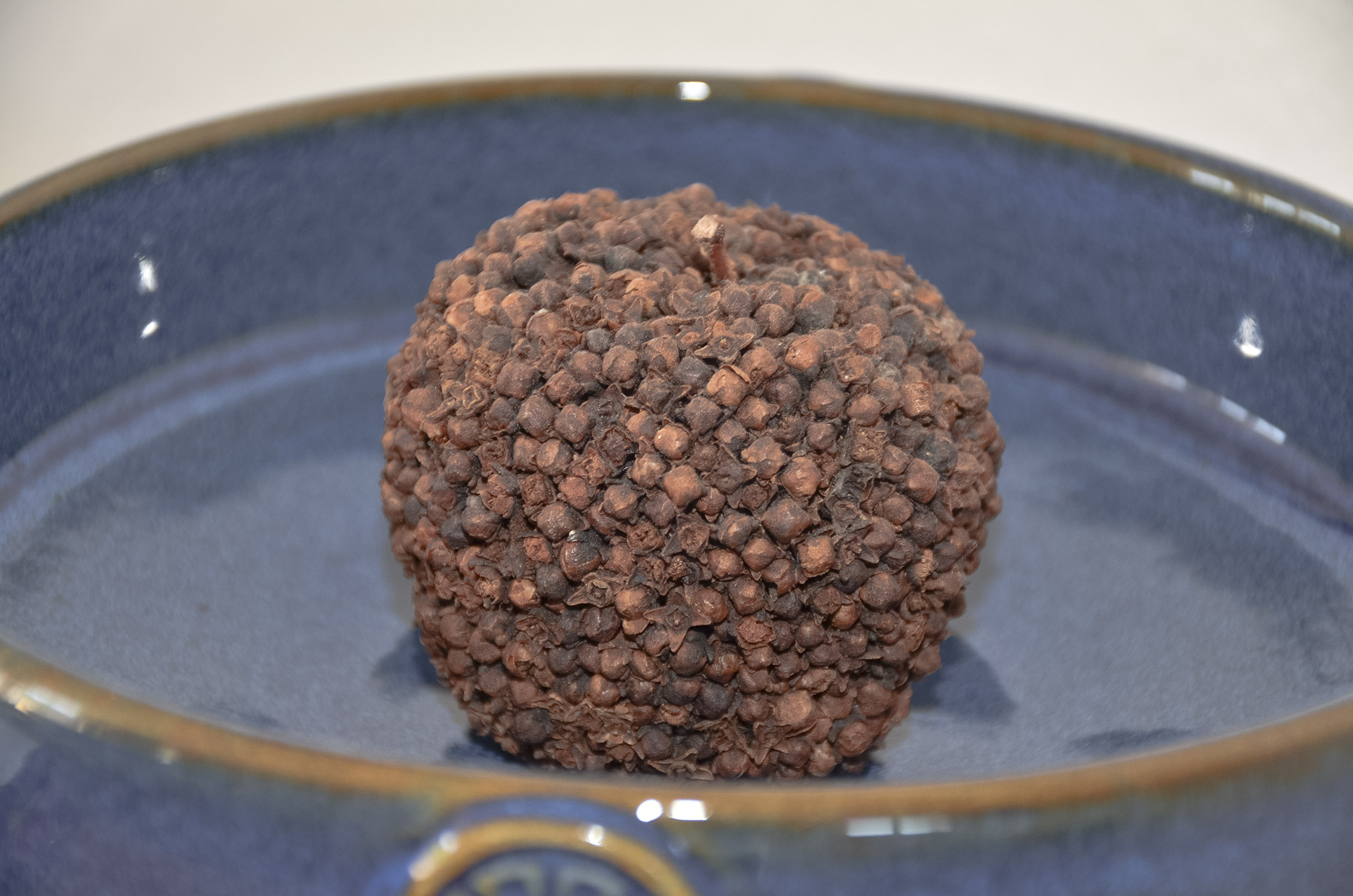
My love apple.
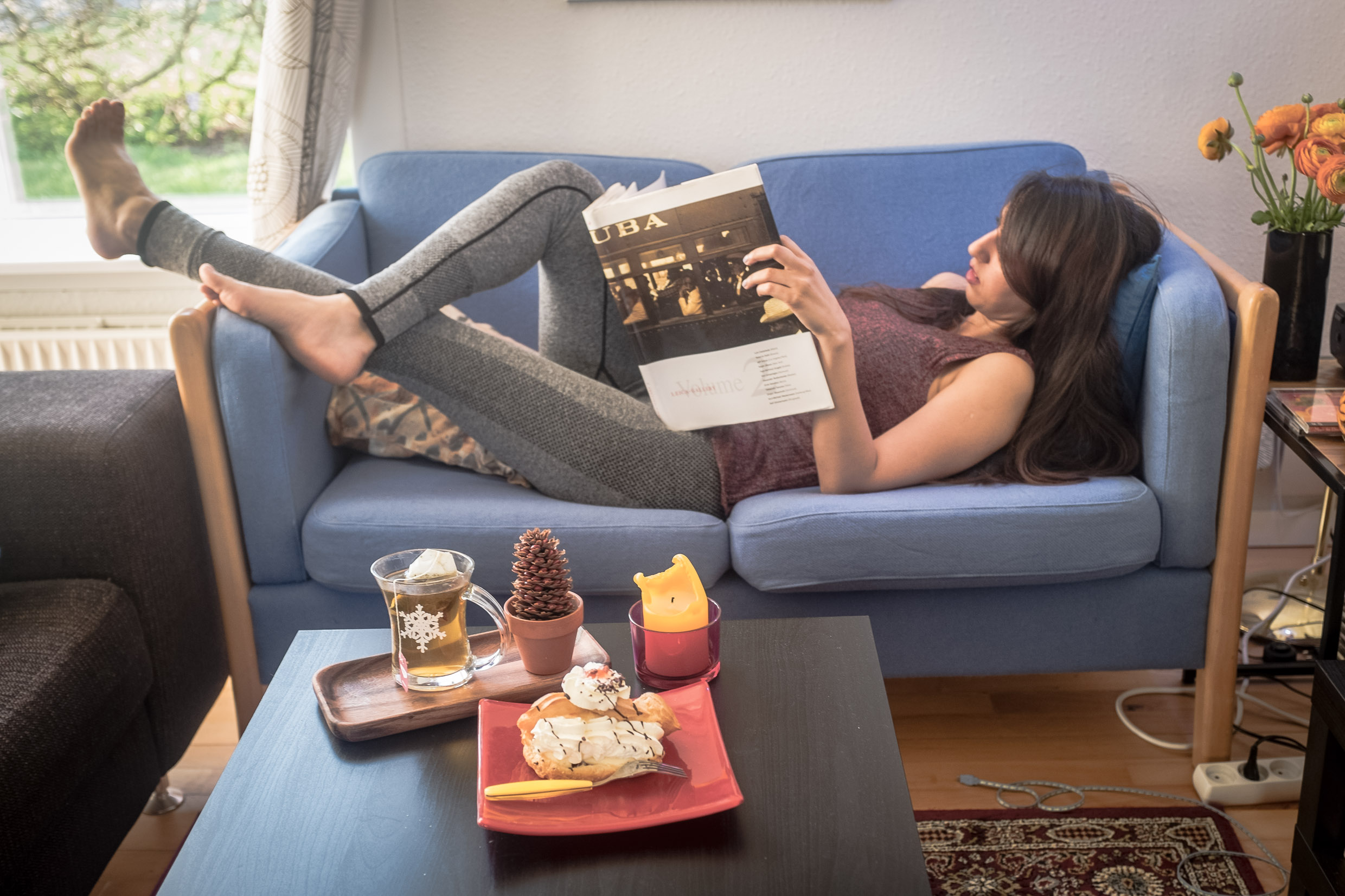
An adopted term from my new language is “hygge”. We have no such word in my mother tongue, yet I have always had moments in my life, which is best described by the word “hygge”.
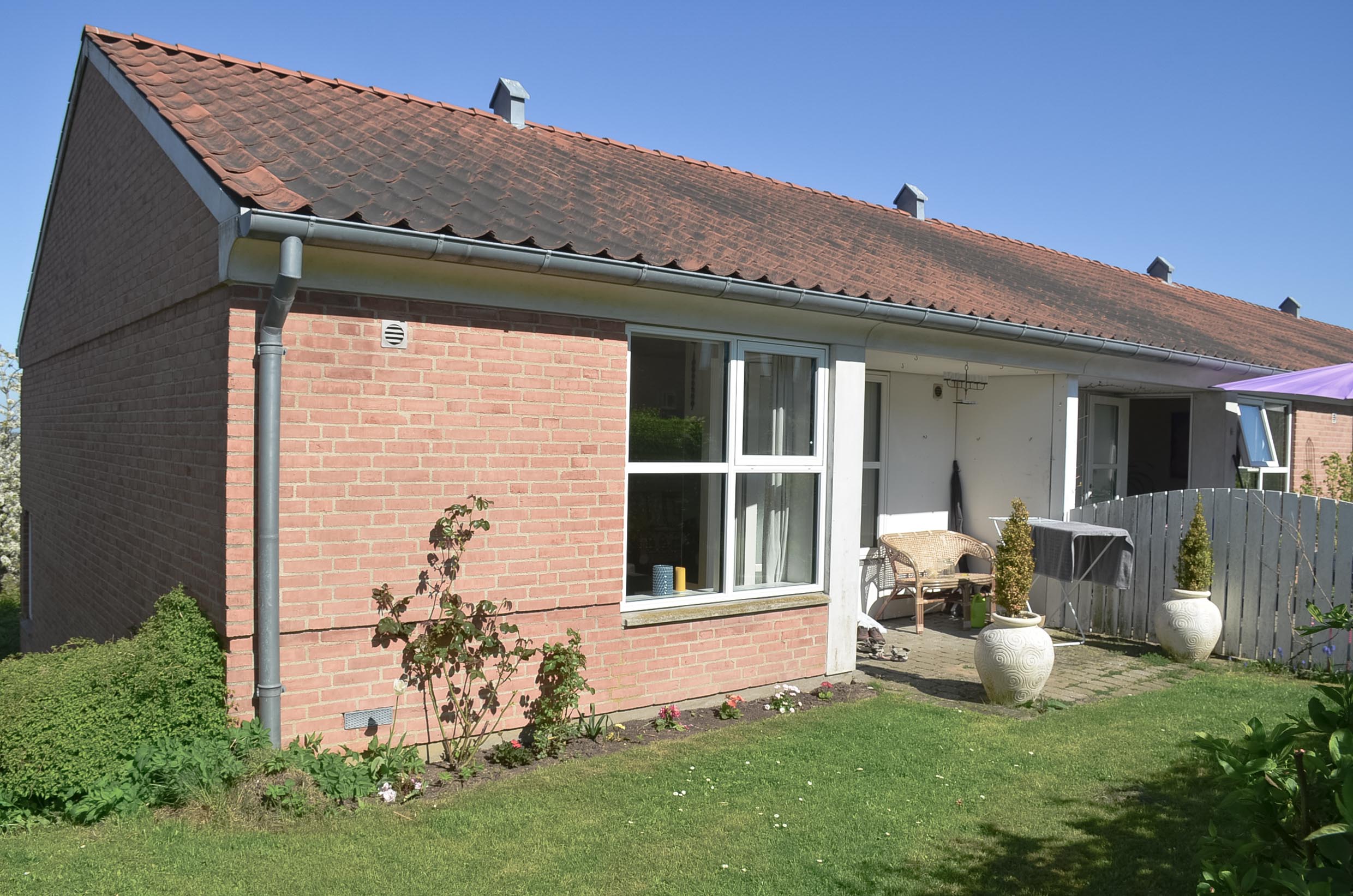
I live in a small house, Danes called it “Rækkehus”. Through the refugee experience and PTSD, I figured out so many things about myself. I learned how to enjoy life in solitude.
“
For the first time in my life, I was feeling empty. I lost my job and was no longer a journalist. I have lost my friends too.
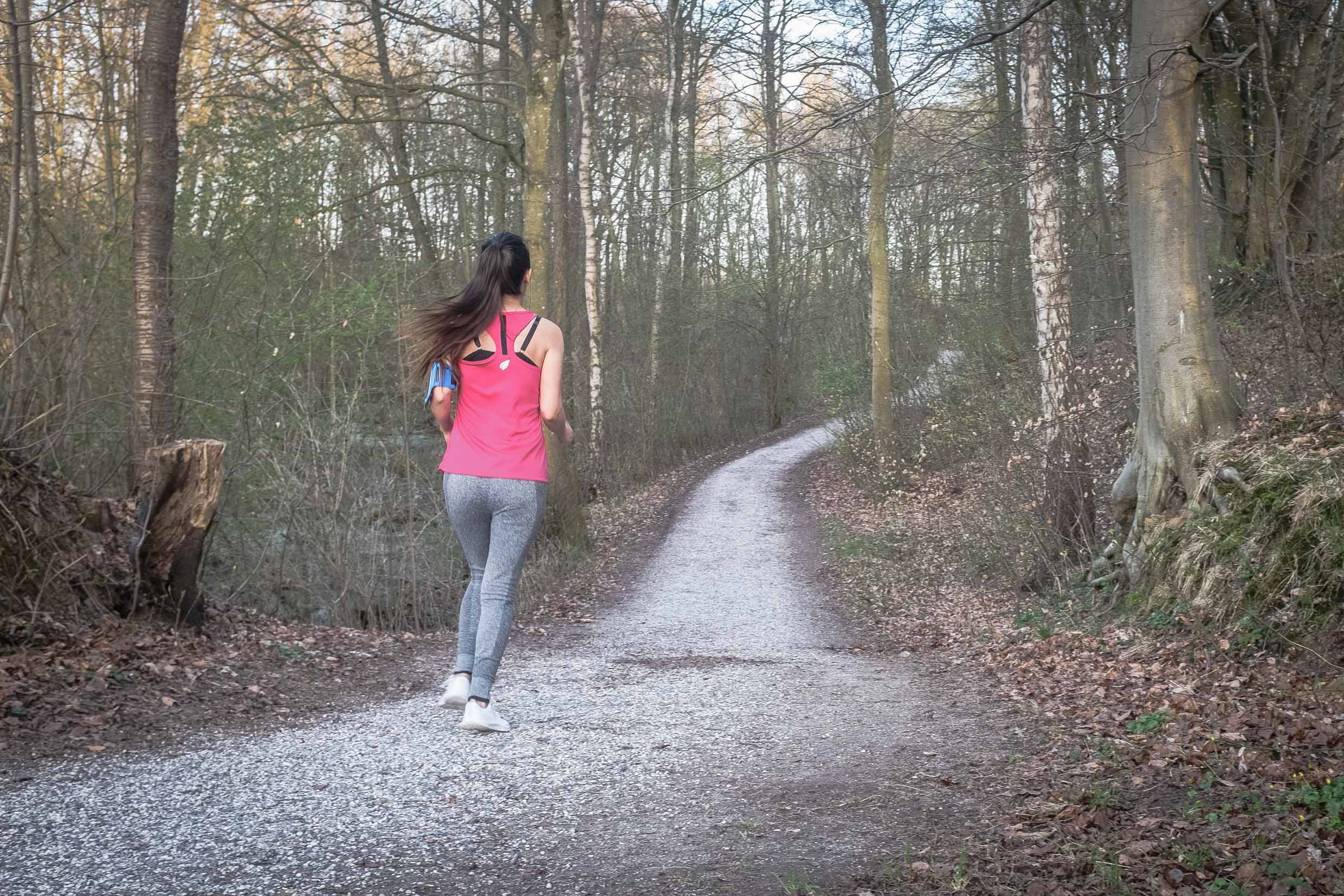
I used to have a lot of fun with my friends back in Iraq. We used to do shopping together, went to the cinema or went for a run after work. In Denmark, I have found joy in doing these things alone, but for the first time in my life, I have also felt the importance of having people in one’s life. Today I know that I must make new friends and socialise again, as no one can live in solitude for too long.
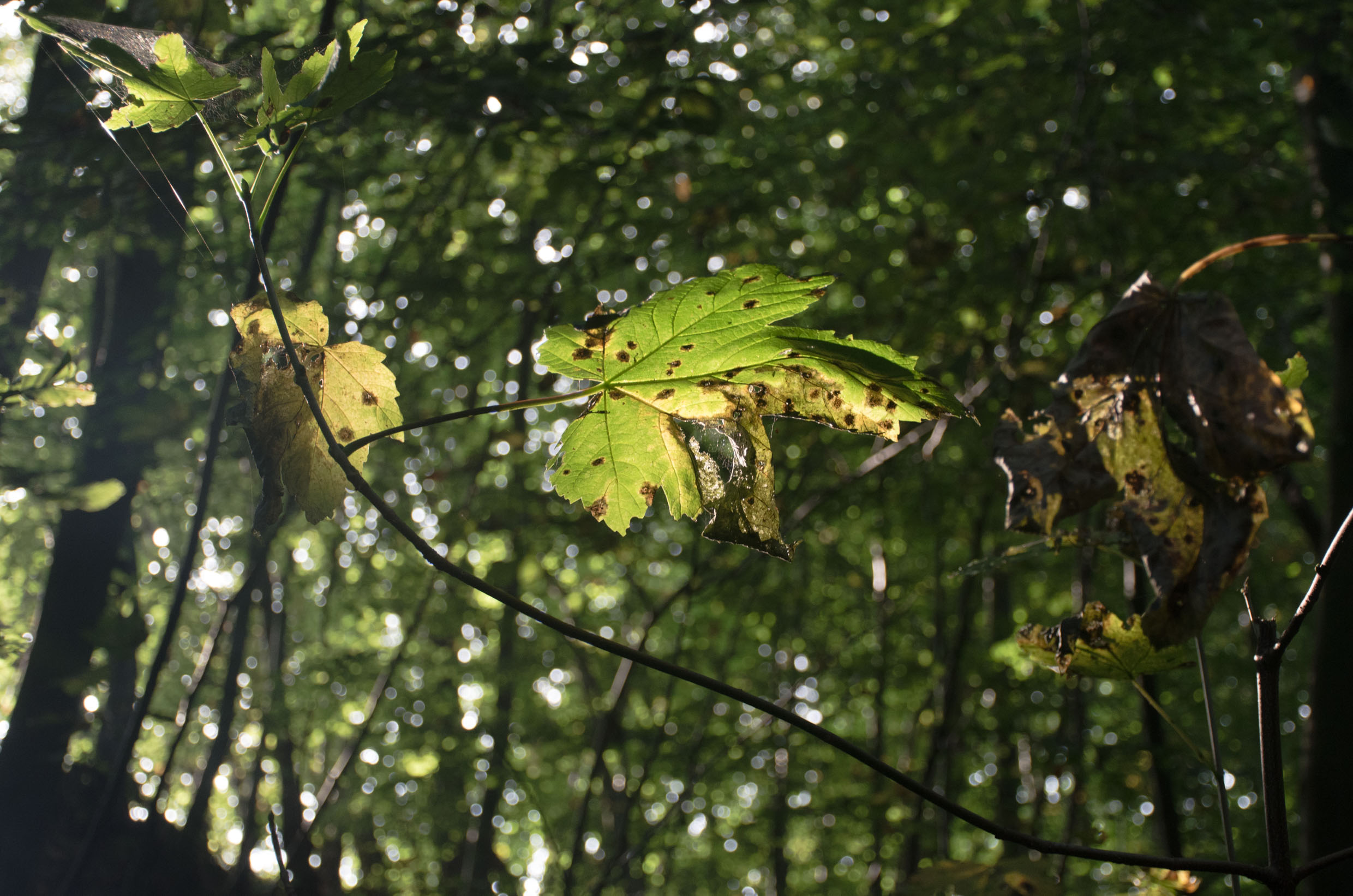
There is a small forest close to my house, which has become one of my favorite places to go, especially during the weekend.
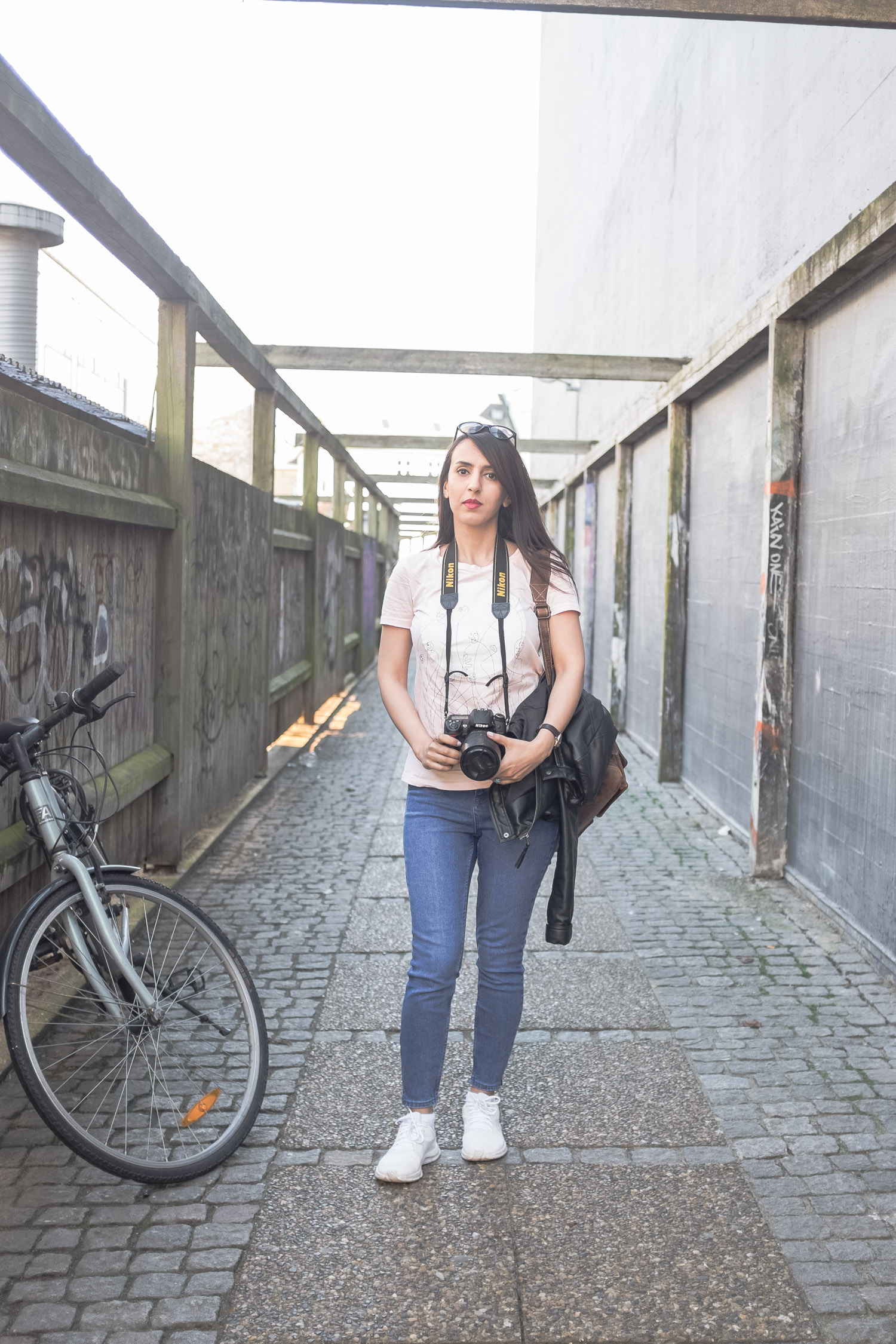
about the project
INSIGHT is a series of photo essays taken and written by refugees living in Denmark. With financial support from the Danish fund; Hjælpefonden Journalistgården, Refugee.Today has been able to give 10 refugees the opportunity to show us their lives in Denmark.
The participants in INSIGHT live in various parts of Denmark, from Hjørring to Bornholm, and are of different nationalities and backgrounds. They are all refugees with a residence permit in Denmark, but first of all they are individuals. In the course of 7 days these people have documented their everyday lives through photography and words.
By letting refugees be in charge of the camera, Refugee.Today offers an insight into a world that is not always accessible to the public. Refugees and integration are heavily disputed topics in Danish society, but rarely are the voices and viewpoints of the refugees
themselves visible in the debate.
Through these photo essays the viewer is offered a gaze into everyday life as a newcomer in Denmark. How does the Danish society look through their eyes? How is everyday life as a refugee in a new country taking place? How is the past and present balanced for people who have had to flee their homes?
